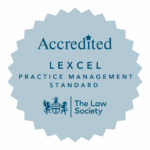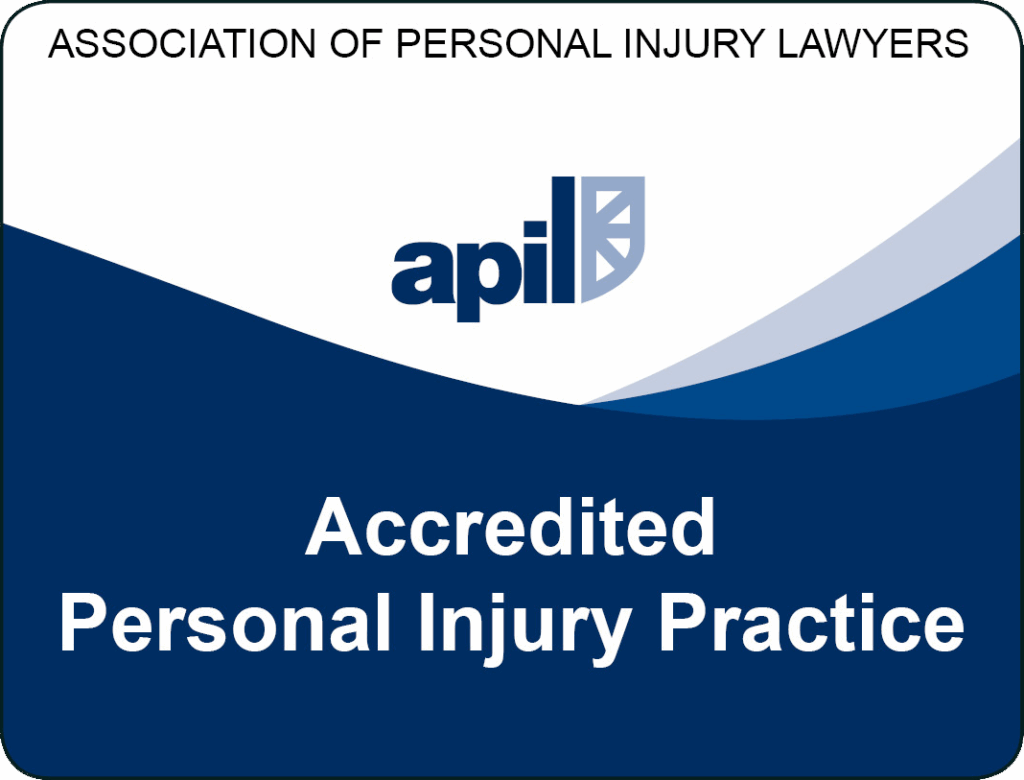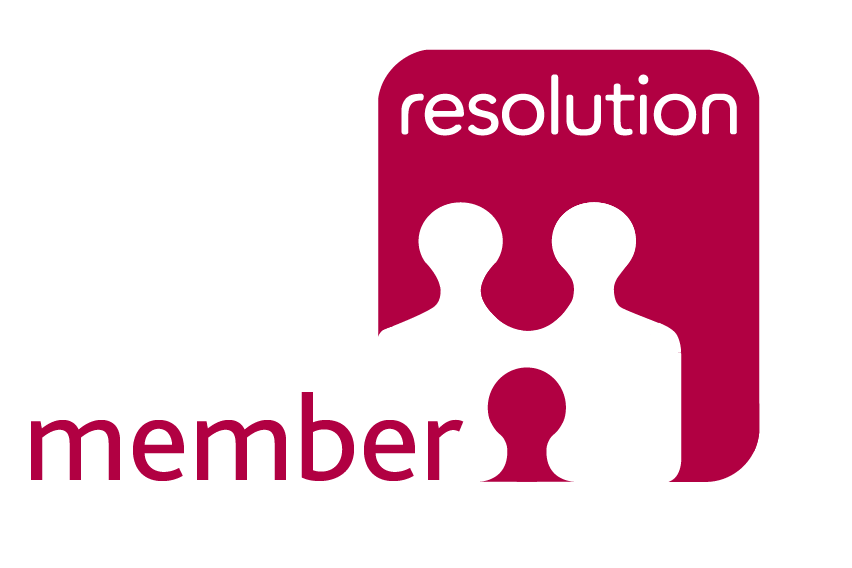
Personal Injury Litigation Executive Pasha Alnadaf
Progressing with a Personal Injury Claim can be a daunting prospect. We are experienced in advising clients and work closely with them to help them maximise the likely compensation they may receive as well as their package of ongoing rehabilitation requirements. In this article our Personal Injury Litigation Executive Pasha Alnadaf explains some of the key steps along the Personal Injury Claims Process. If you would like to discuss a potential claim, contact our team via [email protected] or call 01603 214 220.
Personal Injury Claims below £25,000
For Personal Injury Claims relating to Road Traffic Accidents, Employer’s Liability (Accidents at Work) and Public Liability (Accidents in a Public Place), if a Claimant is satisfied that the claim is going to be worth less than £25,000, they have to be submitted through the relevant Personal Injury portal with the claims notified via a claims notification form.
Personal Injury Claims over £25,000
We advise clients who are making a claim for Personal Injury which is likely to result in compensation over £25,000.
Initial consultation
After the initial contact from a client who has suffered an accident or injury, we arrange an initial consultation – either in person or via video call technology. At this stage, we will collect as much information as we can regarding the circumstances of the accident. Being sensitive to the client’s needs, we aim to gather enough information to manage their expectations and allow us to take a view as to whether, on balance, the case is worthwhile in pursuing. Risk assessment is an ongoing process, but completing this initial information gathering stage as quickly as possible allows us to start pursuing any valid claims with rigour and confidence.
Conditional Fee Agreements
Where we see that our client has a case to pursue, we will then offer our services, and send paperwork allowing the client to formally instruct us including, in most instances, our Conditional Fee Agreement. This means the client is under a ‘No Win, No Fee’ agreement regarding our legal costs. We will then start our ongoing relationship with the client using their preferred form of communication. We can work via email and finalise any required paperwork using electronic signatures to aid any requirements for shielding or social distancing concerns.
Letter of Action
The next step is for us to produce a Letter of Action. Also referred to as a ‘Letter of Claim’, a Letter of Action details the circumstances of the accident and allegations of negligence towards the Defendant and/ or the Defendant’s Insurer. At this stage in the process, the Letter of Action summarises the extent of the client’s injuries to our knowledge and what their Personal Injury claims are likely to include.
Admitting Liability
For Road Traffic Accident claims, the Defendant’s Insurer has 21 days to respond to the letter.
If they admit liability for the accident in question, we can focus on putting the legal claim together; having the client medically examined and getting in a position to settle, sending details of the claim to the other side and, in the absence of a settlement being agreed, issuing Court proceedings.
If they are not in a position to admit liability for the accident in question, the Defendant has three months to investigate liability and return to us with a response. Effectively they are going away to make inquiries and we should stand still and wait to hear from them.
Split Liability
In some cases liability will be apportioned depending on the accident circumstances and the evidence available. It is not uncommon in Road Traffic Accident claims to revert to the relevant case law for guidance. In many cases of accidents involving a pedestrian crossing a road, or two cars meeting on a narrow country road, liability will be settled on a 50/50 basis. Where split liability cannot be agreed between the parties, it will be determined by the Court.
Rehabilitation Case Manager
If we identify that the Claimant is in need of rehabilitation on top of their medical care being arranged through the NHS, we actively attempt to get the Defendant’s insurers to agree to the instruction of a mutually agreed Rehabilitation Case Manager to assess our client’s rehabilitation needs. Depending on the severity of the client’s injuries, the Case Manager can visit their home and assess their needs including adaptations to the home and any vocational help after a return to work. The Case Manager can engage with the client’s employers as necessary to discuss a staged return to work. Once we have the full picture from the Case Manager, we will liaise with the Defendant’s Insurer to discuss their recommended package of treatment. The rehabilitation package may include counselling, CBT, EMDR, physiotherapy and so forth.
Gathering Medical Evidence
Personal Injury claims over £25,000 will often involve serious injuries. It is impossible for a medical expert to determine quickly what the long term implications of a serious injury may be. We wait 12 to 15 months before instructing medical experts to gather Medical Evidence for our Claimant clients. This allows time for the client’s injuries to reach a plateau following the bulk of their treatment.
Following the appropriate time period for the circumstances in question, we secure all of the Client’s medical records and then instruct a medical expert. The medical expert will be in a better position to determine the long term implications of the injury than they would be if they were instructed much sooner.
Dependant on the severity of the injuries it is not unusual for a medical expert to see a Client more than once.
Calculating Compensation
Compensation for Personal Injury includes claims for the injury itself, referred to as ‘general damages’ or ‘pain, suffering, and loss of amenity’. To calculate the appropriate compensation, we take into account what type of injuries have been sustained, what is the likely period of recovery, and whether any of the injuries are likely to be permanent. How will the injuries affect the Claimant’s day to day life? Considering these factors, we also research relevant case law together with the Judicial College Guidelines. For higher value claims, we use Counsel and the best medical experts giving the client added assurance that we have not left a stone unturned in getting the right compensation and maximizing their claim for damages as much as reasonably possible.
Other losses the Claimant has had are also taken into consideration when calculating compensation. Past and future losses include lost earnings, carers assistance, travel expenses, medical expenses, prescription charges, home adaptations or having to move house to something more suitable given how the accident has changed the Claimant’s requirements. These losses are easier to quantify than General Damages compensation, by comparing the client’s information prior to the accident and how they have been affected since the accident with the shortfall making up the claim.
Interim Payments
If the client is in need of an interim payment in the period before Settlement, we can go through this with them. Any Interim payments usually need to be offset against the overall amount of damages that are agreed.
If you’re wondering how much do solicitors charge for personal injury claims, we ensure complete transparency from the outset. Our team is dedicated to maximising your compensation while keeping costs fair and manageable. By thoroughly investigating all aspects of your claim, including interim payments and future losses, we provide expert guidance to help you navigate the process with confidence.
Offers of Settlement
It is not unusual to get a compensation offer from the other side when we are nowhere near the stage to start settling the claim. This can be advantageous for the Defendant’s insurer as it saves them future time and legal costs. We find that in the majority of cases, if an offer is made before medical evidence is obtained, it is not one we would advise accepting. In some cases, based on experience and the individual circumstances of the case, it may be worth accepting any early settlement offers if we feel it is the best our client would achieve.
Once the case is ready to be settled, we present all of the medical evidence along with a schedule of loss and details of any financial losses and documentary evidence to the Defendant and commence the settlement discussions. If a reasonable settlement cannot be agreed we will proceed to Court to reach an agreement.
For clients undertaking a claim under a Conditional Fee Agreement, on a successful settlement, Clients pay a pay a success fee capped at 25% of their compensation and we recover the remainder of our costs from the Defendant.
Three Year Limitation Period
Claimants have three years from the date of their accident to settle their claim. If they cannot settle within three years, Court proceedings must be issued to safeguard their position and continue the claim beyond three years.
Experienced Personal Injury Lawyers
Our experienced personal injury claims solicitors understand that pursuing compensation can be overwhelming, especially when navigating the complex claims process. From initial consultations to settlement negotiations, we work closely with our clients to provide clear advice, ensure all aspects of the claim are thoroughly investigated, and secure the maximum compensation available. With transparency and expertise, we guide you every step of the way.
We hope this guide helps you to navigate through the processes involved in bringing a Personal Injury Claim. Our experienced and friendly team is more than happy to talk to you about any questions you may have. Contact our team via [email protected] or call 01603 214 220.





